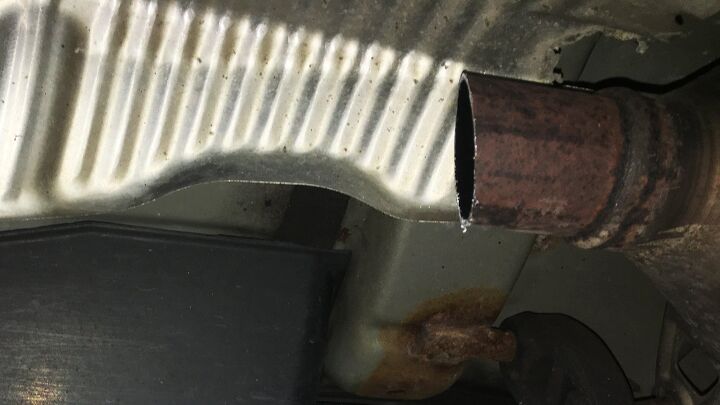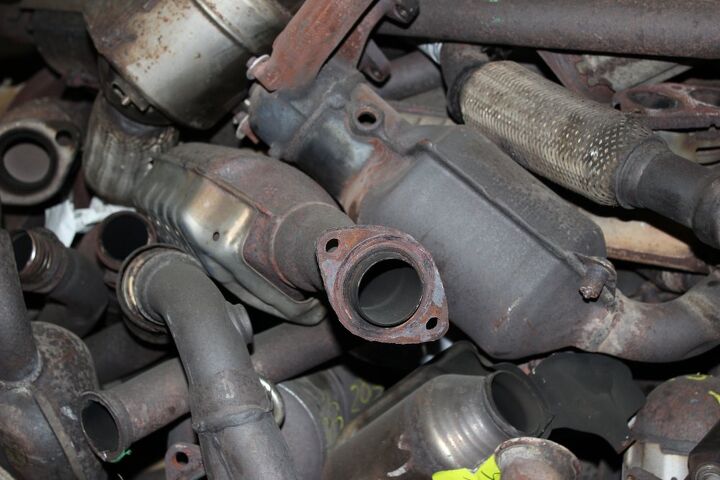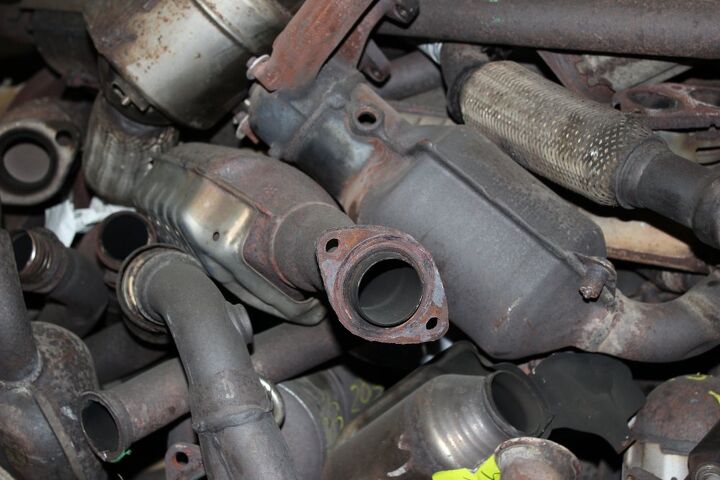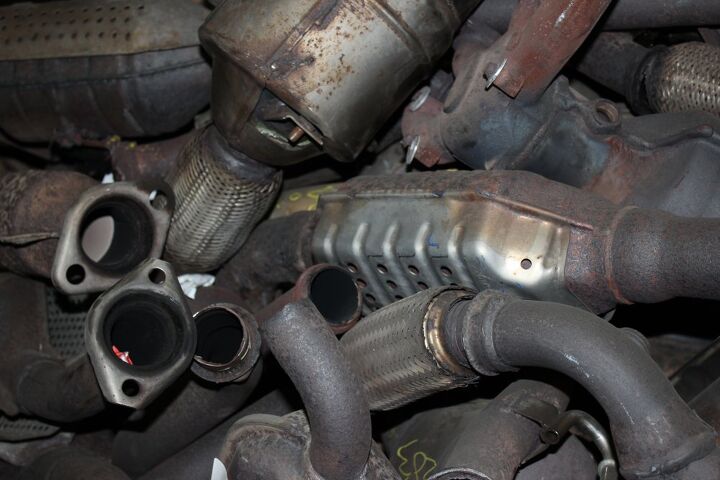#CatalyticConverters
Study: Catalytic Converter Thefts Are Slowly Declining
Catalytic converter theft has become a popular pastime for criminals looking to make a quick buck in the United States. Instances of stolen units have absolutely exploded in recent years, reaching a point where some law enforcement departments have gone out of their way to specifically target organized groups bent on stealing the devices.
State Farm is reporting that the situation is finally getting better in America. While technically true, theft rates remain staggeringly high across the country.
Philly Towing Company Busted for Running Catalytic Converter Theft Ring
Looking at the news, it’d be easy to think that catalytic converter theft is carried out by a wily group of bandits under cover of night, but that’s not always the case. A Philadelphia-based towing company is in hot water after almost a dozen people ran a theft ring that racked up millions in stolen catalytic converters.
Feds Announce Huge Catalytic Converter Theft Ring Bust
As if living through a pandemic and endless speculation that the United States is sliding away from democracy weren’t bad enough, some people decided that 2020 and 2021 were great times to start stealing catalytic converters at a record pace. The issue has been bad enough to make national news several times, but the Department of Justice just announced a major bust that could at least slow things down for a while.
Will New Laws Prevent Catalytic Converter Thefts?
With catalytic converter theft having risen by 300 percent across the United States through the summer of 2021, regions of the country that have seen crime rates dwarfing the already brutal national average have started to introduce laws designed to prevent the issue from getting any worse.
California Introduces Strict New Laws for Auto Parts
On Sunday, California Governor Gavin Newsom signed new legislation designed to prevent catalytic-converter thefts. The auto part has become a preferred target for criminals, especially on the West Coast, due to its high content of precious metals and relative ease of removal. Last year, more than 18,000 units are believed to have been hacked off in California alone and the issue only seems to be getting worse.
Oregon Sees Sizable Stolen Catalytic Converter Bust
As you may have already heard, catalytic converter thefts are on the rise for a myriad of reasons. Crime is up in general, the economy is in rough shape, they're pretty easy to steal, difficult to track, and the price of certain metals found inside the emission-limiting devices (e.g. platinum, rhodium, and palladium) absolutely skyrocketed after global shutdowns stifled production. The issue has actually gotten so bad that even relatively small cities are reporting organized theft rings getting busted with piles of catalytic converts on hand.
NADA Wants to Stop Catalytic Converter Theft
The National Automobile Dealers Association (NADA) and a dozen related trade groups are petitioning Congress to crack down on stolen catalytic converters. The emission control devices are loaded up with valuable metals and are relatively easy to steal if you’re slim enough to get beneath a parked car and happen to have a reciprocating saw handy — making them prime targets for cash strapped criminals, especially now that material prices are on the rise.
Cities across the country have reported an increase in catalytic converter theft this year. While a majority of police departments are estimating a year-over-year increase of under 40 percent, some have said their figures are substantially larger. In March, Las Vegas Police Department estimated there were 87 percent more vehicles with hacked apart exhaust pipes in 2022. Philadelphia was even higher, reporting a staggering 172 percent increase in dismantled exhaust systems.






















Recent Comments